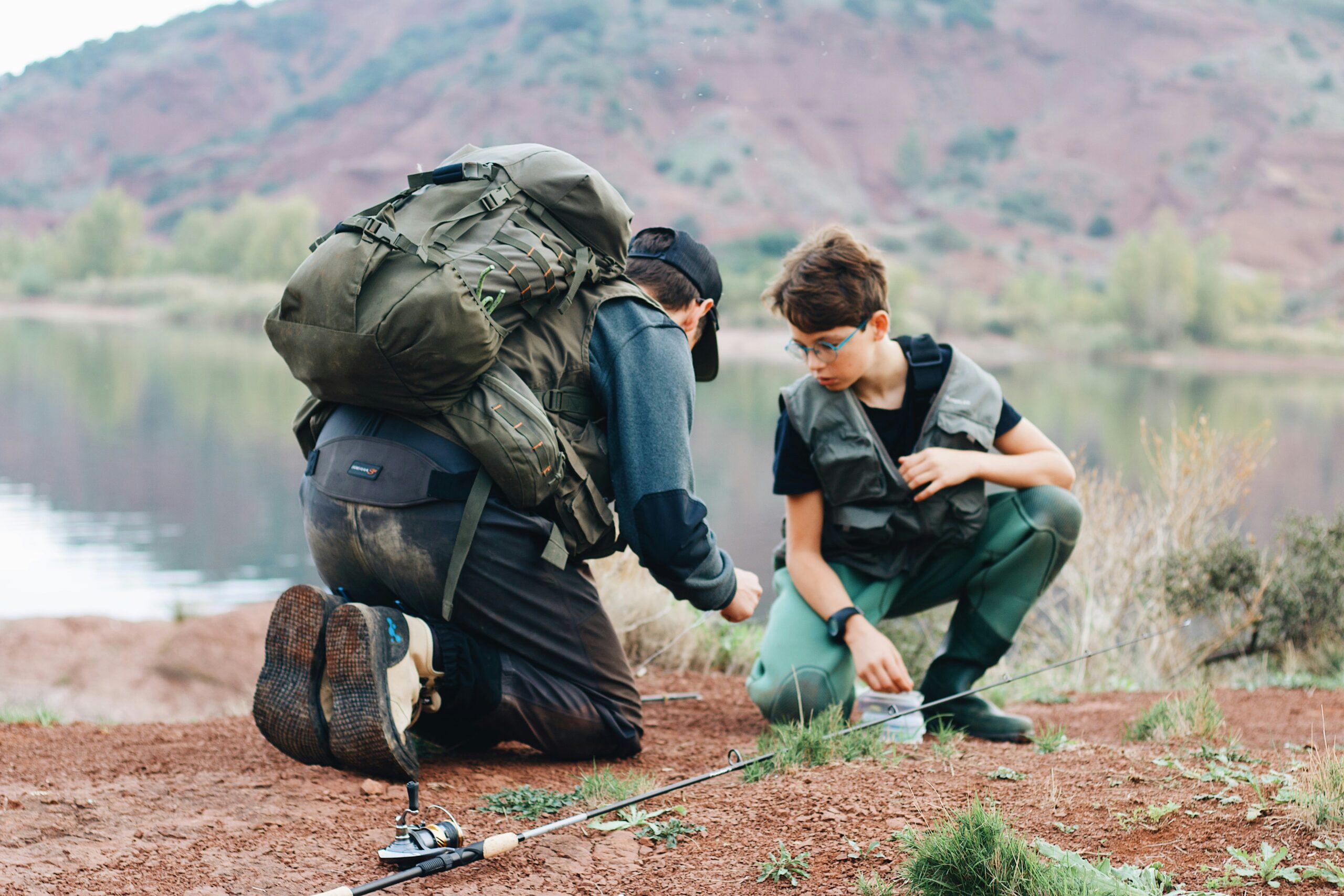
Outdoor adventures bring excitement, but they also carry risks. Therefore, survival skills everyone should know are essential before stepping into the wild. Whether you plan a short hike, a camping trip, or a multi-day trek, preparation makes the difference between safety and struggle. With the right skills, you handle emergencies with confidence and keep your trip enjoyable.
Moreover, the outdoors can change quickly. Sudden storms, injuries, or losing your way can happen to anyone. In these moments, survival skills become your strongest tools. They not only protect your health but also build mental strength. By preparing wisely, you enjoy nature’s beauty without fear.
Finding and Purifying Water
First, water is the top priority for survival. The human body lasts weeks without food but only a few days without water. On outdoor adventures, search for rivers, streams, or lakes. If these sources are not available, collect rainwater, dew, or even moisture from plants. In dry regions, digging in low areas may reveal underground water. Staying alert to your environment ensures you do not miss hidden sources.
Next, purification makes water safe to drink. Even clear streams can hide harmful bacteria or parasites. Therefore, boil water for at least one minute, or three minutes at higher elevations. Carrying purification tablets or a portable water filter is also a good option. Since contaminated water can lead to severe illness, never drink it without first cleaning it. Pure water restores your energy and keeps your body strong during any challenge.
Building Shelter
Equally important, a shelter protects you from harsh conditions. Exposure to cold, rain, wind, or extreme heat puts your health at risk. A simple tarp strung between trees provides quick cover. In addition, branches, leaves, or rocks can form a natural barrier against the elements. By practicing shelter-building in advance, you save time when you need it most.
Also, location plays a critical role in safety. Avoid areas near falling rocks, dead branches, or flood zones. Choose higher ground for dryness, but not so high that you face strong winds. Keep your shelter close to water sources while leaving enough space to avoid wild animals. A well-placed and well-built shelter gives comfort and protection throughout the night.
Starting a Fire
Another survival skill everyone should know involves fire. Fire provides heat, cooks food, boils water, and signals for help. Begin with dry tinder, such as bark, grass, or leaves. Then add small sticks, followed by larger logs. Use waterproof matches, a lighter, or a fire starter rod. Shield your fire from the wind with rocks or logs for stability.
At the same time, fire safety remains essential. Always clear a safe space around the fire and never leave it burning unattended. Before leaving your campsite, fully extinguish the flames with water and soil. Beyond survival, fire builds morale. The warmth and light create a sense of comfort after a long day, making outdoor life less intimidating.
Navigating Safely
In addition, navigation skills prevent you from getting lost. Modern devices like GPS and phones help, but batteries can die. Therefore, always carry a map and a compass as backups. Learn how to read terrain features such as valleys, rivers, and ridges. These natural markers guide your path even without tools.
Preparation before your trip also matters. Share your travel plans with a friend and mark checkpoints on your route. While hiking, check your direction regularly. If you feel lost, stop, stay calm, and retrace your steps. Knowing how to navigate brings peace of mind and ensures safe adventures every time.
Basic First Aid
First aid knowledge enables you to treat injuries promptly. Outdoor environments expose you to cuts, scrapes, sprains, or insect bites. Carry a small first aid kit with bandages, antiseptics, tweezers, and pain relievers. Clean wounds immediately and cover them to prevent infection.
Furthermore, recognize signs of severe conditions such as hypothermia or heat exhaustion. Cool someone down in the heat or warm them up in the cold. Practice CPR and learn how to handle sprains or broken bones. By preparing in advance, you give yourself and your group a better chance at recovery during emergencies.
Food and Foraging
While water comes first, food also matters for long trips. Pack lightweight, high-energy snacks like nuts, dried fruit, or protein bars. These foods provide fuel without adding heavy weight to your pack. Plan your meals before leaving to avoid running short.
In survival situations, learn which plants, nuts, or berries are safe to eat. Study local guides before your adventure, since some plants can be toxic. Fishing or setting traps may also provide extra nutrition. However, never rely entirely on foraging without training. Prepared food keeps your energy high while survival knowledge acts as a backup plan.
Signaling for Help
Sometimes survival means asking for help. Simple signals can make rescuers spot you faster. Use a whistle, a signal mirror, or even a brightly colored cloth to attract attention. At night, a fire becomes an effective tool for signaling.
Additionally, learn the universal SOS signal—three short sounds, three long sounds, and three short again. This works with whistles, lights, or even banging objects together. Clear communication increases your chance of rescue and shows that you remain calm and resourceful.
Survival skills everyone should know include finding water, building shelter, starting a fire, navigating, giving first aid, finding food, and signaling for help. These skills prepare you for the unexpected while boosting your confidence. With them, challenges become manageable, and outdoor adventures stay exciting.
Survival is not only about staying alive—it is about thriving in nature. By practicing these skills, you step into the wilderness with readiness and respect. Outdoor adventures become safer, more rewarding, and filled with memories worth keeping.